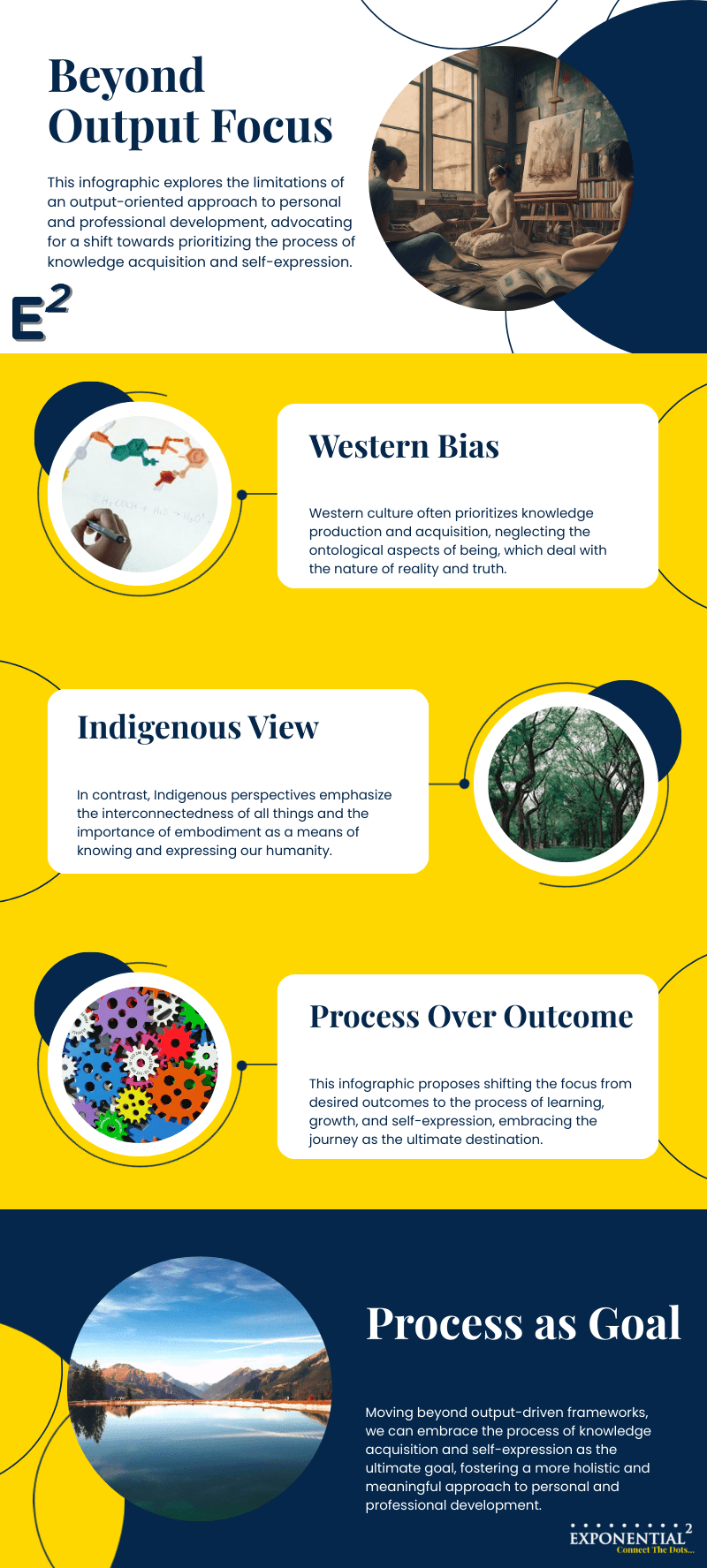In various fields (counseling, education, business, and leadership, etc.), transformation and change are often framed as part of a metaphorical hero’s journey. Patients, students, and employees are handed a list of goals and outcomes, and then a proverbial journey is mapped out regarding how to get there. This sort of logic generally informs not only business and productivity but also approaches to (and belief in what constitutes) knowledge in general.
The ways in which we ontologically express our humanity, then, are paramount, as they connect us with not just our culture and world today but also our ancestors, history, and the cosmos. For Indigenous cultures, embodiment is a way of knowing (Dall’Alba & Barnacle, 2007)—and to some extent, systems theory and the complexity paradigm validate this position, although it is not explicit.

The Western approach, however, often privileges the artifacts of knowledge as opposed to the ways in which we express and share our humanity. In European American contexts, this emphasis on knowledge acquisition and production lends itself to an output-oriented framework.
What if the process, or the ways, in which we come to know and express ourselves, was the goal or outcome? What if treatment, learning, and strategic plans were no longer exclusively oriented around the needs and desires of the individual or organization?
In part II, these rhetorical questions are explored.
Dall’Alba, G., & Barnacle, R. (2007). An ontological turn for higher education. Studies in Higher Education, 32(6), 679–691. https://doi.org/10.1080/03075070701685130
Dei, G. J. S. (2000). Rethinking the role of Indigenous knowledges in the academy. International Journal of Inclusive Education, 4(2), 111–132. https://doi.org/10.1080/136031100284849

